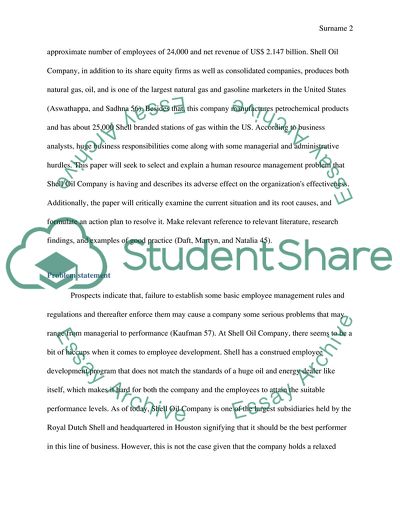Cite this document
(Human Resource Management Ethics Case Study Example | Topics and Well Written Essays - 4500 words, n.d.)
Human Resource Management Ethics Case Study Example | Topics and Well Written Essays - 4500 words. Retrieved from https://studentshare.org/human-resources/1797099-human-resources-managment
Human Resource Management Ethics Case Study Example | Topics and Well Written Essays - 4500 words. Retrieved from https://studentshare.org/human-resources/1797099-human-resources-managment
(Human Resource Management Ethics Case Study Example | Topics and Well Written Essays - 4500 Words)
Human Resource Management Ethics Case Study Example | Topics and Well Written Essays - 4500 Words. https://studentshare.org/human-resources/1797099-human-resources-managment.
Human Resource Management Ethics Case Study Example | Topics and Well Written Essays - 4500 Words. https://studentshare.org/human-resources/1797099-human-resources-managment.
“Human Resource Management Ethics Case Study Example | Topics and Well Written Essays - 4500 Words”, n.d. https://studentshare.org/human-resources/1797099-human-resources-managment.


